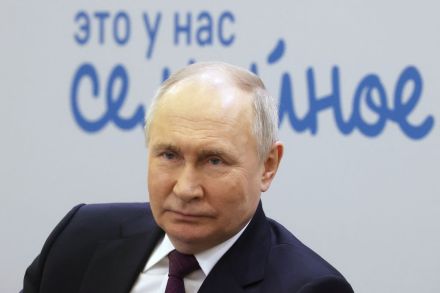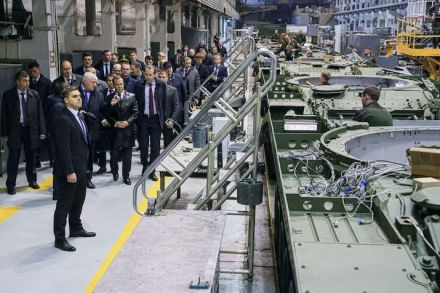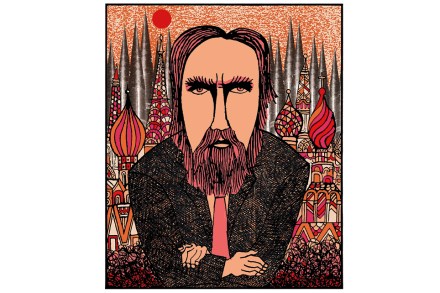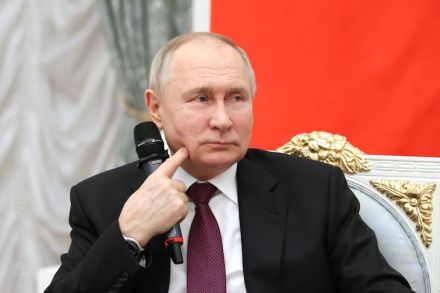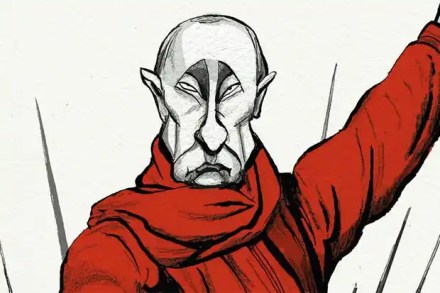Putin’s Kaliningrad visit wasn’t a threat to Nato
President visits part of his own country. Shock. Vladimir Putin’s visit yesterday to the Russian exclave of Kaliningrad, perched precariously on the other side of the Baltic states, was not, as some overheated commentary has claimed, a threat to Nato. Rather, it was a sign of his renewed need to campaign domestically. The threat from Kaliningrad and to the Suwałki Gap is heavily mythologised Kaliningrad, once East Prussian Königsberg, is a territory a little larger than Northern Ireland that was annexed by the Soviets at the end of the second world war and subject to an intensive period of industrialisation, militarisation and colonisation. More than three quarters of the population
